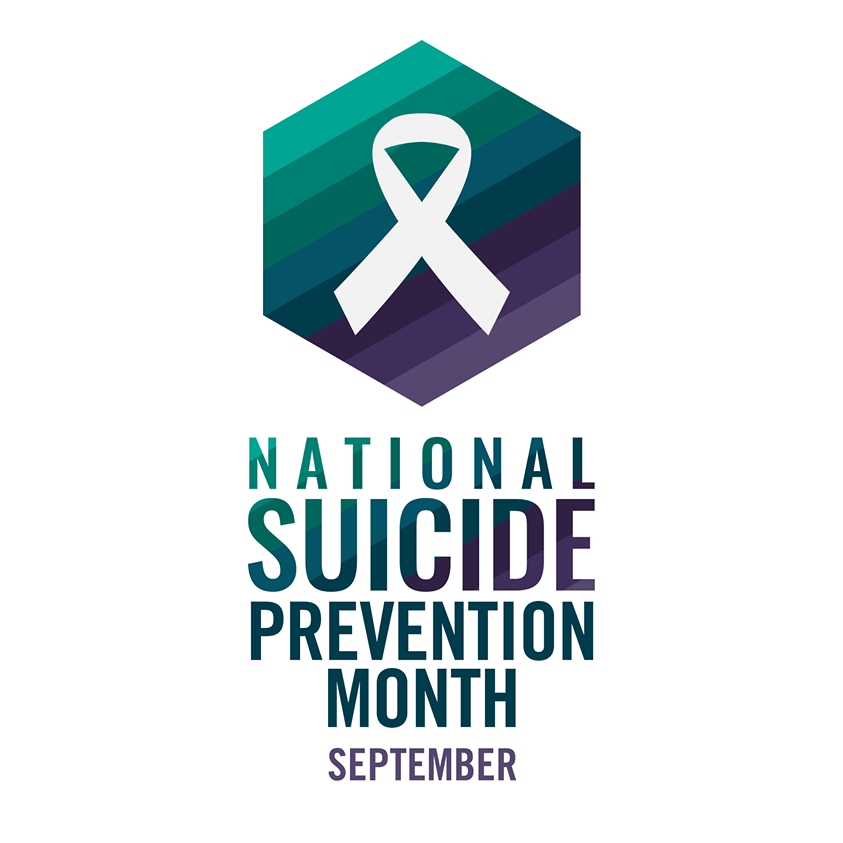
- Details
- By Native News Online Staff
WINDOW ROCK, Ariz. — Navajo Nation President Jonathan Nez and Vice President Myron Lizer signed a proclamation on Sunday, recognizing Sept. 6-12, 2020 as “Navajo Nation Suicide Prevention Week.”
The designated days coincide with National Suicide Prevention Week and with World Suicide Prevention Day on Sept. 10.
“Our administration recognizes the mental health needs of many of our people, including our young Navajo people. The Navajo Nation Division of Behavioral and Mental Health Services continues to help many of our people, but we need to do more. It starts with healing among families. There are far too many young people losing hope at a young age. Parents and grandparents have the challenging responsibility to instill good values, teachings, and confidence in our children at a young age. We will continue to do everything we can to help families and young people who suffer from modern day monsters like depression, suicide, and other issues that often lead to people taking their own lives,” Nez said.
Nez recognized that this year has been particularly difficult on many Navajo Nation citizens, who have been hit hard by the COVID-19 pandemic. On Sunday, the Navajo Nation reported 9,900 positive cases and 523 deaths since March 17, when the nation began reporting COVID-19 cases.
“The COVID-19 pandemic has created unprecedented challenges for our people. By having to shelter-in-place to prevent the spread of the coronavirus, we know that many people are dealing with their issues at home and some are even taking the opportunity to heal their families using the time spent at home during this pandemic. We have heard stories of families reconciling, coming together, and strengthening their relations during this challenging time. We pray and continue to work toward helping more families become stronger and to revitalize the teachings of our elders,” Nez added.
According to Division of Behavioral and Mental Health Services, suicide is the seventh leading cause of death on the Navajo Nation, and American Indian communities experience higher rates of suicide compared to all other racial and ethnic groups in the U.S.
According to the National Indian Council on Aging, American Indian and Alaska Native communities experience higher rates of suicide compared to all other racial and ethnic groups in the United States, with suicide being the eighth leading cause of death for Native Americans across all ages. For Native youth ages 10 to 24, suicide is the second leading cause of death, and the Native youth suicide rate is 2.5 times higher than the overall national average, making these rates the highest across all ethnic and racial groups.
The Nez-Lizer Administration continues to support the “Building Communities of Hope” initiative to empower individuals, families and communities and to restore hope, self-sufficiency and determination through comprehensive suicide prevention strategies. Building Communities of Hope was initiated in November 2015 when President Nez served as the Vice President of the Navajo Nation. The initiative aims to provide services in schools, universities and communities on and off the Navajo Nation.
"In this COVID-19 pandemic it's important to seek help for yourself or others, we can all do our part to prevent suicide. Learn about suicide warning signs and symptoms to help someone today or in the future,” Department of Health Executive Director Dr. Jill Jim said.
The Navajo Nation Office of the President and Vice President recognizes public awareness is key to preventing loss of life by suicide and remains committed to suicide prevention, intervention and postvention. The Navajo Nation supports the efforts of its Divisions, Departments, and Programs as advocates for life by promoting resiliency, culture, traditional values, faith, and providing public education and direct services with the understanding that these efforts will create avenues to reduce the number of suicides.
More Stories Like This
Native News Weekly (August 25, 2024): D.C. BriefsUS Presidents in Their Own Words Concerning American Indians
DHS Secretary Noem Tells Tribes ICE Does Not Target Native Americans
Native News Online Marks 15 Years of Warrior Journalism
I’m a Minneapolis Postal Worker. This Is What I Saw.
Help us defend tribal sovereignty.
At Native News Online, our mission is rooted in telling the stories that strengthen sovereignty and uplift Indigenous voices — not just at year’s end, but every single day.
Because of your generosity last year, we were able to keep our reporters on the ground in tribal communities, at national gatherings and in the halls of Congress — covering the issues that matter most to Indian Country: sovereignty, culture, education, health and economic opportunity.
That support sustained us through a tough year in 2025. Now, as we look to the year ahead, we need your help right now to ensure warrior journalism remains strong — reporting that defends tribal sovereignty, amplifies Native truth, and holds power accountable.
 The stakes couldn't be higher. Your support keeps Native voices heard, Native stories told and Native sovereignty defended.
The stakes couldn't be higher. Your support keeps Native voices heard, Native stories told and Native sovereignty defended.
Stand with Warrior Journalism today.
Levi Rickert (Potawatomi), Editor & Publisher

